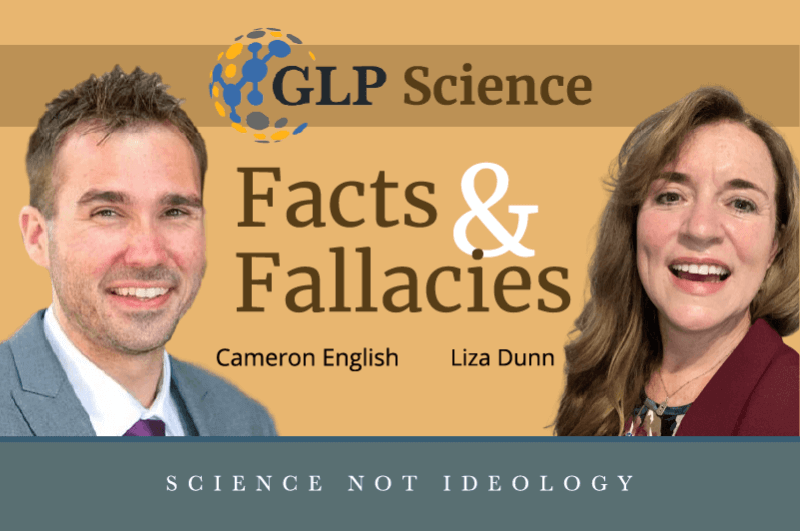Podcast:
Podcast: Play in new window | Download
Subscribe: RSS
Video:
Join hosts Dr. Liza Dunn and GLP contributor Cameron English on episode 233 of Science Facts and Fallacies as they break down these latest news stories:
While climate change has received much of the blame for the recent wildfires in Hawaii, evidence points to a more immediate and surprising cause: invasive grasses. These species are drought tolerant and capable of spreading over harsh terrain; they’re also more likely to survive fire, giving them yet another advantage over Hawaii’s native flora. The problem seems to stem from abandoned sugar cane plantations on the islands, left fallow after globalization redirected sugar production to other parts of the world. Can this information helps us mitigate the risk of severe wildfires in the coming years?
Overall cancer rates are declining in the US—very good news, to be sure. Unfortunately, experts have identified a slight uptick in certain cancers in people under 50, which is most pronounced in young women between the ages of 30 and 39. Researchers remain uncertain about the cause of this small increase, though some evidence points to increasing obesity rates as a potential cancer driver in younger age groups.
Scaring consumers away from using artificial sweeteners like aspartame could have some potentially troubling unintended consequences: boosting oral health issues and weight gain as more people increase their sugar intake. This scenario underscores the importance of conducting risk assessments when evaluating product safety. Instead of merely speculating that a food or chemical “could” cause cancer, scientists need to clearly explain the costs and benefits of forgoing its use. It’s clear in this case that aspartame doesn’t cause cancer but allows people to enjoy sweets while reducing their risk of obesity and preserving their dental health.
Dr. Liza Dunn is a medical toxicologist and the medical affairs lead at Bayer Crop Science. Follow her on Twitter @DrLizaMD
Cameron J. English is the director of bio-sciences at the American Council on Science and Health. Visit his website and follow him on Twitter @camjenglish































